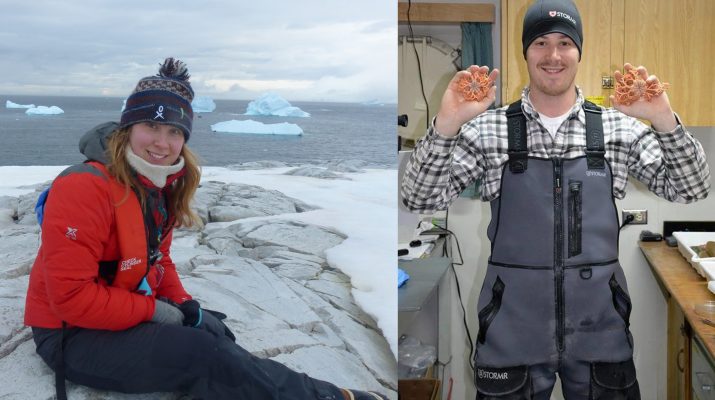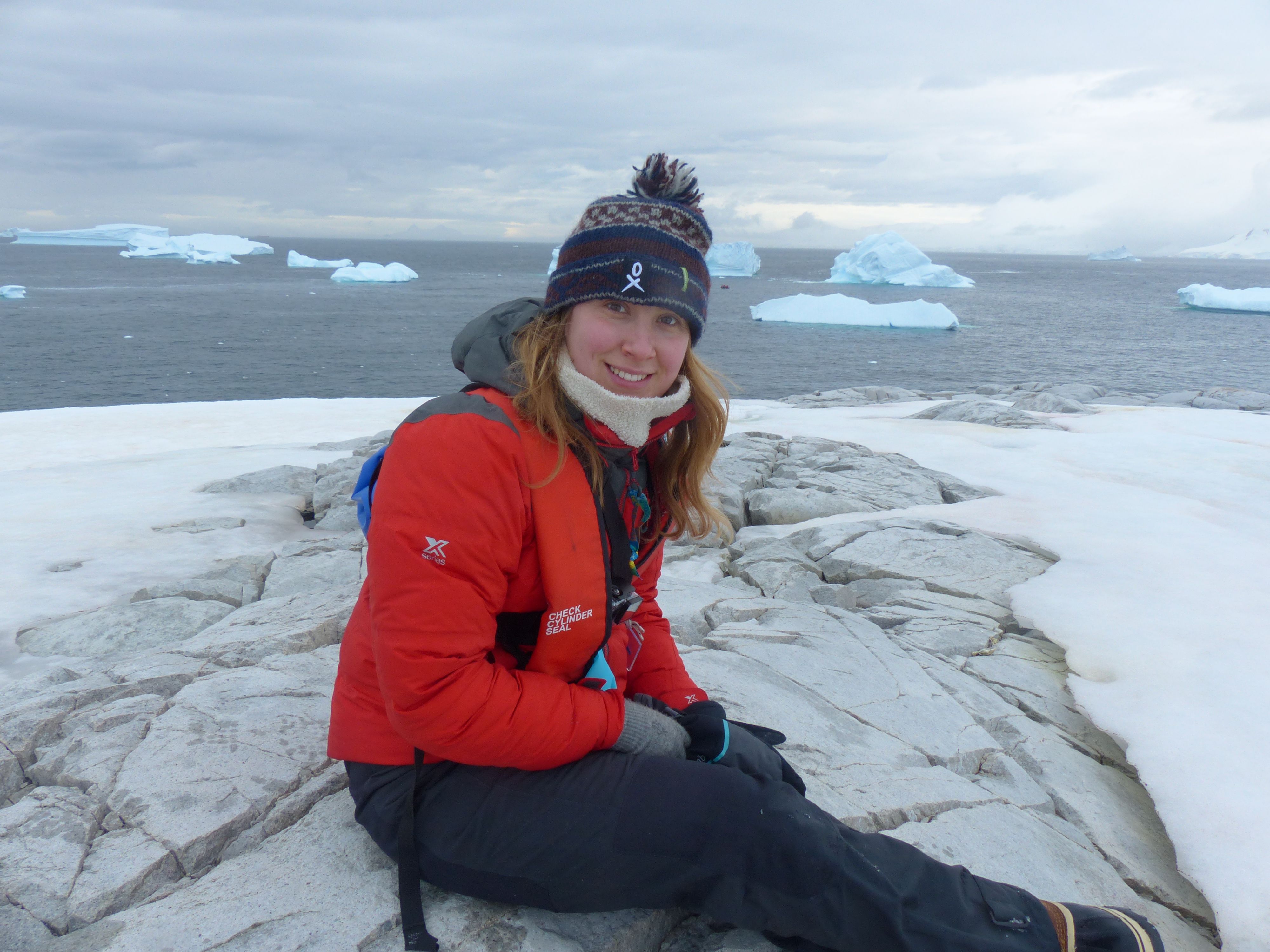We are delighted to announce that we have awarded two Dive Deeper bursaries to Madeleine Braiser and Matthew Galaska.
Madeleine Braiser has just successfully defended her PhD at the University of Liverpool and is currently applying for postdoctoral positions. Madeleine’s research has focused on genetic investigations into species diversity and biogeography coupled to the use of state of the art stable isotope techniques, which she uses to determine species trophic traits. Madeleine will use the bursary to work alongside Dr. Andrea Walters at the University of Tasmania. She will lead a novel project, which aims to investigate our knowledge of benthic-pelagic coupling in deep-sea environments in Antarctica and consider how changes in primary productivity influence benthic-pelagic coupling and deep-sea food webs. In order to do this Madeleine will work with the SCAR Southern Ocean Diet and Energetic Database, which contains valuable information on diet (e.g. gut content and stable isotope data) and energy flow (via energetic content) through food webs. Madeleine will also add to the database by inputting data obtained from her Ph.D. She hopes to present preliminary findings at the 15th Deep-Sea Biology Symposium at Monterey and will produce a summary publication demonstrating the value of the database for circulation to polar and deep-sea research communities via SCAR and the Deep-Sea Biology Society.
Matthew Galaska is a postdoctoral research associate from Lehigh University. Matthew’s research is focused on population genomics and phylogeography of deep-sea invertebrates. He is specifically working on the level and direction of genetic connectivity of deep-water coral species from the Gulf of Mexico using cutting edge techniques. He plans to use the bursary to attend the ConGen course, which will focus on the analysis of next generation sequencing datasets. The ConGen course is considered one of the best courses in this field, allowing Matthew the opportunity to learn directly from the twelve internationally renowned experts in the field of ecological genomics. Matthew will use the methods and techniques from this course in ongoing and future deep-sea projects. He believes that these novel analytical techniques hold great promise in accelerating the rate of discoveries in the deep sea and contribute to its conservation. In his current work in the Gulf of Mexico he will provide information about the population connectivity patterns and deep-sea coral species, including species directly impacted by the Deepwater Horizon Oil Spill, to management agencies (U.S. National Marine Sanctuaries and the Gulf of Mexico Fisheries Management Council are collaborators in the project). This information will be utilized to draw and manage new deep-sea marine protected areas aimed at restoring damaged benthic ecosystems in the deep Gulf of Mexico.



